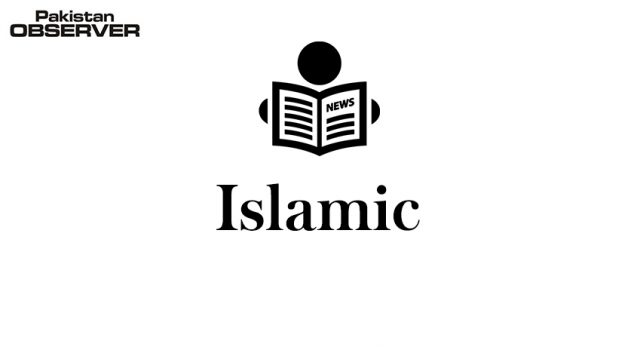London
The Issuer Default Ratings of Islamic banks in the Gulf Cooperation Council region are all investment grade, Fitch Ratings said, with 89% of IDRs driven by potential sovereign support either directly or through a parent. The remaining 11% are driven by banks’ standalone creditworthiness, as defined by their Viability Ratings. The outlooks on most IDRs are stable. Sovereign willingness to provide support has remained extremely strong throughout the GCC and little progress towards resolution has been made. Only 35% of VRs are investment grade (this is lower than at conventional banks), with higher risk appetites and weak asset quality as the main shortfalls. The average VR in Saudi Arabia is a strong ‘bbb+’ (ranging from ‘bb+’ to ‘a-’) but is much weaker in Kuwait (bb+) and the UAE (bb). The average VR is ‘bbb-’ in Qatar. Increased Shariah-focused regulation could potentially have credit implications.
—Courtesy: Zawya










